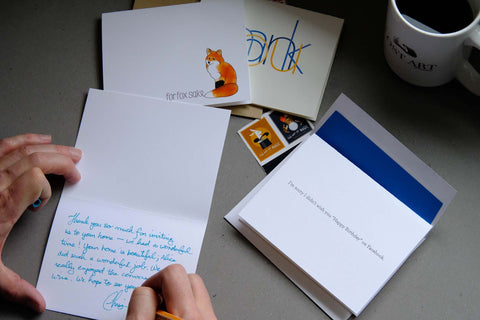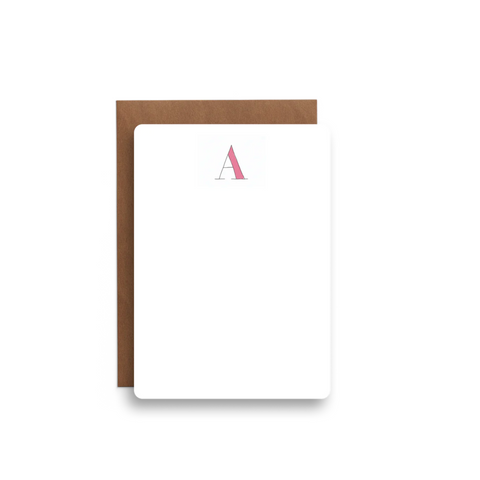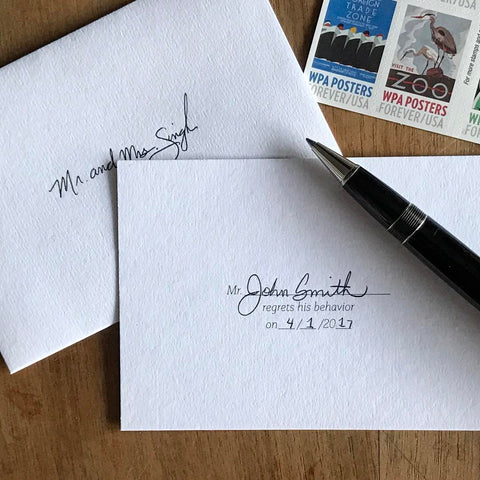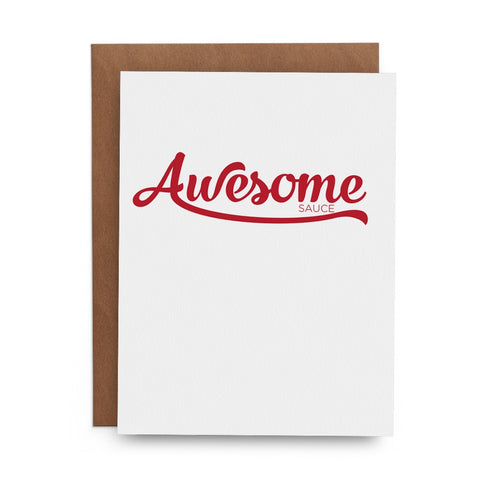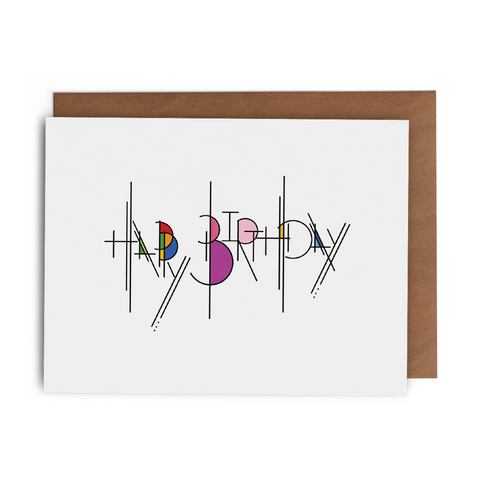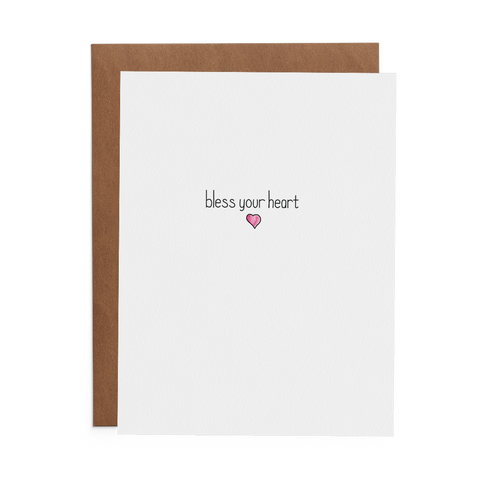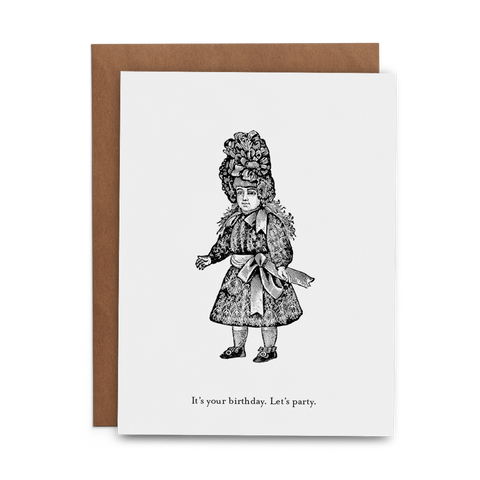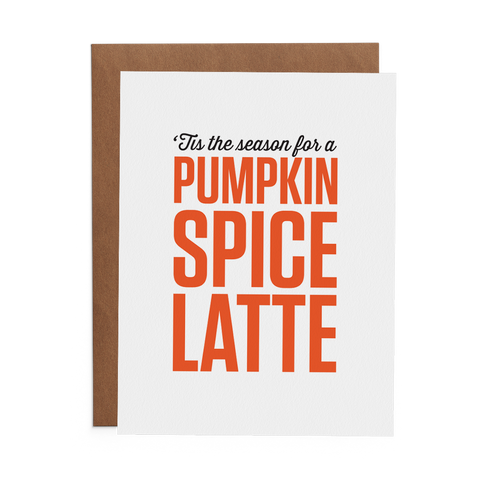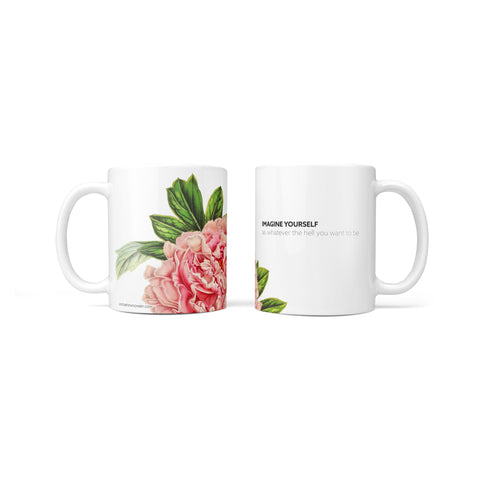Frontpage
In today's fast-paced digital world, it's easy to overlook the importance of a simple gesture like sending a greeting card. However, taking the time to place a card in the mail can be incredibly meaningful, and taking the time to write a heartfelt message can make all the difference to the recipient.
Greeting cards can be used for a wide variety of occasions. From birthday cards to anniversary cards to holiday cards and thank you cards, greeting cards offer a tangible way to express your thoughts and feelings to the people you care about.
But why are greeting cards so important? For starters, they offer a personal touch that can't be replicated by a text message or email. When you receive a card in the mail, you know that someone took the time to choose a card, write a message, and send it to you. This simple act shows you care enough to make the effort; it can help to strengthen relationships and build a sense of connection.
In addition to being a personal touch, greeting cards can also have a lasting impact. Unlike digital messages that can be quickly forgotten, a physical card can be kept and treasured for years to come. This is especially true for cards that include a heartfelt message or personal anecdote. When the recipient looks back on the card, they'll be reminded of the special moment or occasion and the person who sent it. A friend once said to me, "I can't reread the texts my dad sent me, but I can pull out the cards he sent."
So, what should you write in a greeting card? While there's no one-size-fits-all answer, there are a few key elements that can help to make your message more meaningful. Here are some things to keep in mind:
-
Personalization: The most important thing to remember when writing a greeting card is to make it personal. This means addressing the recipient by name and using language that reflects your relationship with them. For example, if you're writing a card to a close friend, you might use informal language and inside jokes. If you're writing to a colleague or acquaintance, you'll likely want to use more formal language.
-
Gratitude: Whether you're writing a card to say thank you or simply to express your appreciation, it's important to include a message of gratitude. This can be as simple as saying "thank you for being there for me" or "I appreciate all that you do." By expressing gratitude, you'll show the recipient that you value their presence in your life.
-
Celebration: Greeting cards are often used to celebrate special occasions like birthdays, weddings, and holidays. When writing a card for a celebration, be sure to include a message of congratulations or well wishes. For example, you might say "happy birthday" or "congratulations on your wedding." By acknowledging the occasion, you'll help to make the recipient feel special and loved.
-
Empathy: Greeting cards can also be used to offer support and comfort during difficult times. When writing a card for someone who is going through a tough time, it's important to include a message of empathy. This can be as simple as saying "I'm sorry for your loss" or "I'm here for you if you need anything." By expressing empathy, you'll show the recipient that you care and that you're there to support them.
-
Humor: Finally, don't be afraid to inject some humor into your greeting card messages. While it's important to be respectful and appropriate, a well-placed joke or pun can help to lighten the mood and bring a smile to the recipient's face. Just be sure to know your audience and tailor your humor accordingly.
In conclusion, greeting cards may seem like a small gesture, but they can have a big impact. By taking the time to write a heartfelt message, you can show the people in your life that you care and that you're thinking of them.

